Lynn
I was diagnosed six months ago at the age of 71, but I lived with the early signs of dementia for two years previous.
My diagnosis was not an easy road. I first became involved with the Alzheimer Society when my dad was diagnosed with Alzheimer’s disease over 25 years ago. But getting involved and learning about the disease could not fully prepare me for my own diagnosis. I know there were warning signs, but it was not until my husband Brian and my daughters voiced their concerns that I went to the doctor. I reached out to the Alzheimer Society for education and support around my diagnosis – I needed to know how to ask for what I needed.
When I was seeking my diagnosis, I did not feel like I was listened to by healthcare professionals. I knew I needed to get an MRI to get a baseline and see if there were changes in my brain. I needed a referral to a geriatrician, but I had to push hard. It took my family coming to an appointment for me to finally get the referral.
And when I was finally diagnosed, many of my friends disappeared because they didn’t know what to say or how to act around me. When members of the public learn of my diagnosis of dementia, they tend to focus on my condition instead of seeing me as a person with strengths, capabilities, interests and aspirations.
My family reacted better though. My husband Brian is a gem. One day when I went shopping for two and a half hours, he patiently waited in the car. When I came out, he said “that’s alright.” It’s rare to have a person with so much patience and understanding. I am thankful to my husband and my daughters for their constant support.
Stigma presents itself in many different ways, and here is a good example of how people see dementia differently from other medical conditions. My husband had a stroke. Everyone talks openly about that, but the second I talk about my dementia, people say, “No, you don’t have it.”
My focus is to stop the stigma. This is a disease of my brain. I am living a happy life and I LOVE laughter. I will continue to advocate and talk about this disease. I’m still serving as a volunteer on the Board of Directors at the Alzheimer Society of PEI. Recently, I joined the Alzheimer Society of Canada’s Advisory Group of people with dementia which is made up of people with dementia from across the country sharing their expertise and insights on what we need.
Education and preparation for the future is key to ensure I can remain independent for as long as possible.
Media
January 8, 2019: P.E.I. woman gives voice to dementia (via CBC)
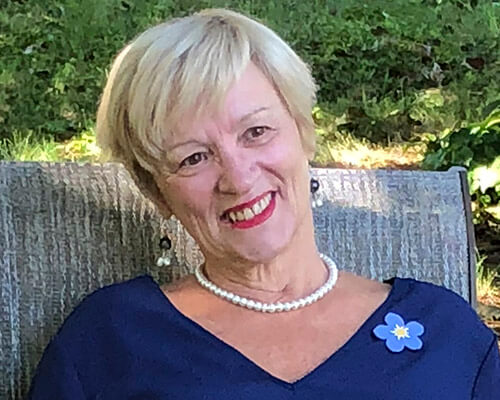
HERE ARE MY TIPS TO HELP YOU UNDERSTAND:
- Just because you have dementia doesn’t mean you don’t have the right to make decisions about how you will live your life. I know first-hand that it is possible to live well with dementia. I’m still me. I’m still here, I still like to laugh and I can still function.
- This disease not only impacts me, but it also impacts my family and friends, too.
- When I have good days, I’m still me. When I have foggy days, I need those who understand the journey to help me navigate and get through the day.
-
More Stories
-
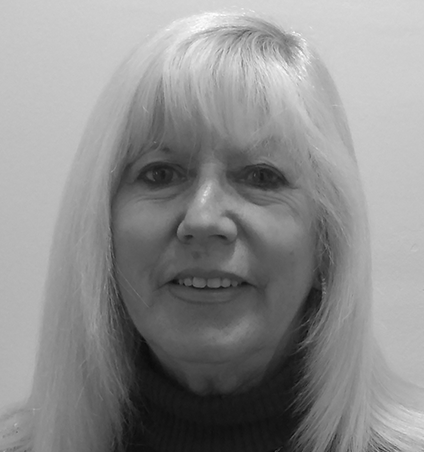
Brenda
2018
Prince Edward Island
-
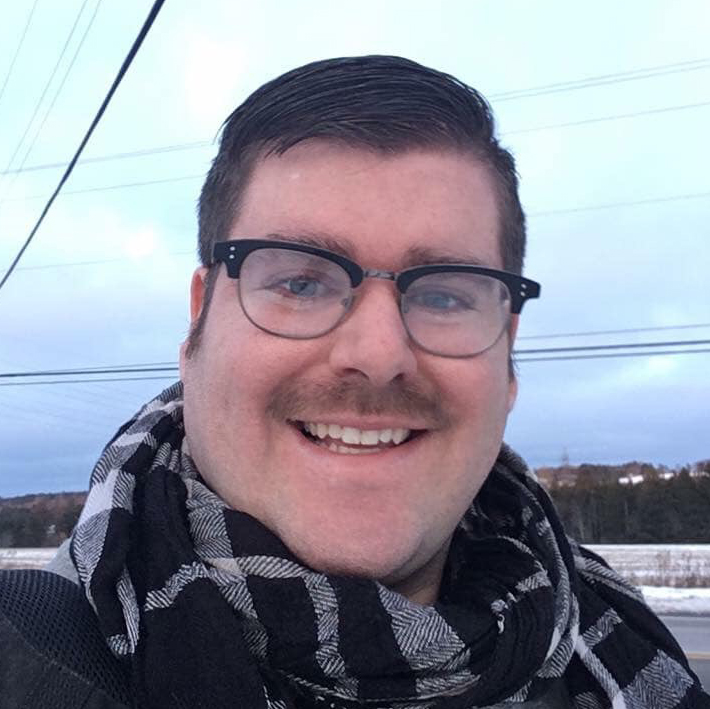
Dan
2019
Prince Edward Island
-
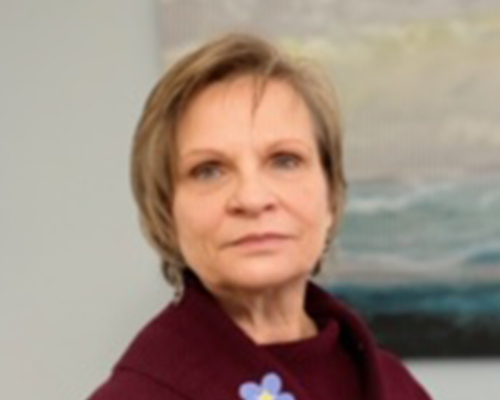
Mary
2020
Prince Edward Island
-
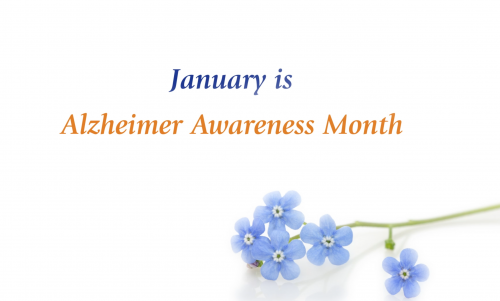
Our Videos
2020
Prince Edward Island

Comments
We may use your information in order to track your relationship with us and our site(s). We do NOT share your information with third parties.